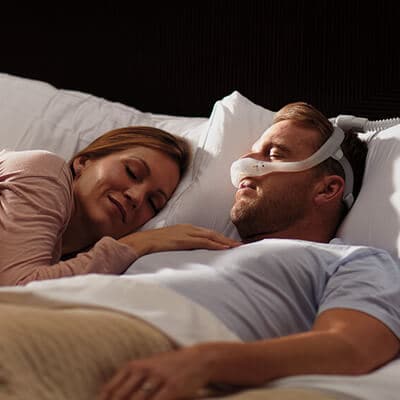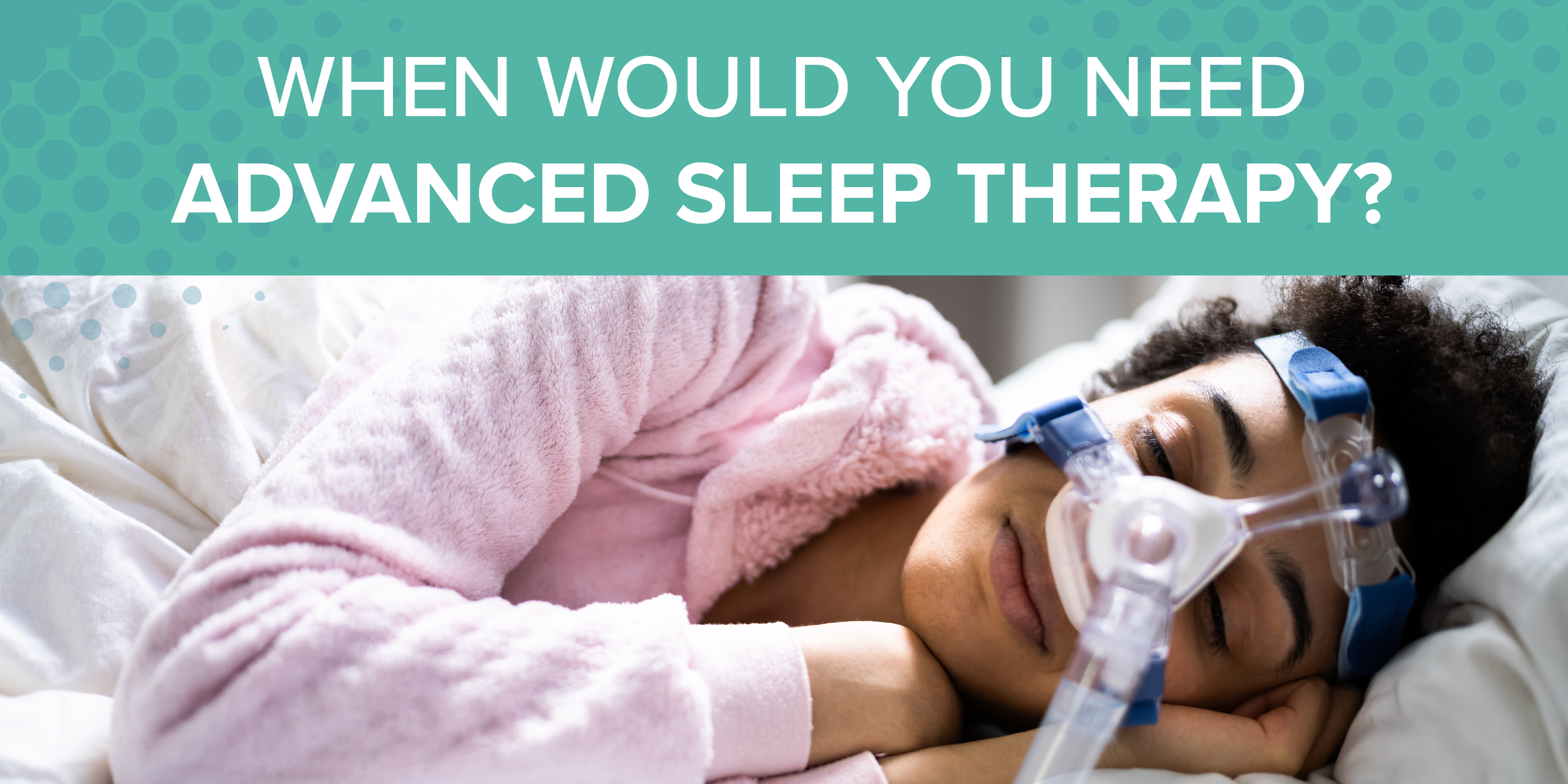Effective Insomnia Therapy - Restore Your Restful Nights
Effective Insomnia Therapy - Restore Your Restful Nights
Blog Article
Reliable Treatment Solutions for Managing Rest Disorders and Enhancing Restful Sleep
In the world of medical care, the administration of sleep conditions and the quest for relaxed rest are crucial elements of overall health. As we navigate the detailed landscape of rest problems and look for to enhance our rest experience, a much deeper understanding of these therapy services may hold the secret to unlocking a much more rejuvenating and fulfilling restorative trip.
Cognitive Behavior Modification for Insomnia (CBT-I)
Cognitive Behavior Modification for Insomnia (CBT-I) is a structured, evidence-based treatment strategy that concentrates on dealing with the underlying elements contributing to rest disturbances. This kind of treatment intends to modify actions and ideas that intensify sleeping disorders, ultimately advertising healthy rest patterns. CBT-I commonly involves a number of essential parts, consisting of cognitive treatment, sleep constraint, stimulation control, and rest hygiene education and learning.
Cognitive treatment aids people identify and transform negative idea patterns and beliefs about sleep that may be hindering their capacity to drop or stay asleep. Rest restriction entails limiting the amount of time spent in bed to match the person's actual sleep duration, thus enhancing sleep performance (cognitive behavioral therapy for insomnia (CBT-I)). Stimulation control techniques aid establish a solid organization between the bed and rest by encouraging individuals to visit bed just when sleepy and to avoid participating in stimulating tasks in bed
Additionally, sleep hygiene education concentrates on establishing healthy and balanced rest behaviors, such as maintaining a consistent rest routine, producing a relaxing going to bed regimen, and maximizing the sleep setting. By resolving these elements comprehensively, CBT-I uses an effective non-pharmacological treatment for managing sleeplessness and enhancing total rest top quality.
Rest Hygiene Practices
Having actually developed the foundation of cognitive restructuring and behavioral adjustments in attending to insomnia through Cognitive Behavior modification for Sleeping Disorders (CBT-I), the emphasis now changes towards exploring necessary Sleep Hygiene Practices for maintaining optimum rest high quality and total health.
Rest hygiene techniques encompass a series of behaviors and environmental elements that can substantially affect one's capability to go to sleep and stay asleep throughout the night. Regular sleep and wake times, creating a relaxing bedtime regimen, and maximizing the rest setting by keeping it dark, silent, and cool are vital parts of great sleep health. Limiting exposure to screens before bedtime, staying clear of energizers like caffeine close to going to bed, and taking part in routine physical activity during the day can additionally advertise better sleep high quality.
Additionally, practicing relaxation strategies such as deep breathing workouts or meditation before bed can help relax the mind and prepare the body for sleep. By incorporating these rest health methods right into one's everyday routine, individuals can develop a healthy and balanced rest pattern that sustains peaceful rest and overall wellness.
Relaxation Strategies and Mindfulness
Carrying out leisure methods and mindfulness methods can play an essential duty in cultivating a sense of calmness and promoting high quality sleep. In addition, led imagery can aid transfer people to a calm place in their minds, aiding in stress and anxiety decrease and boosting sleep quality.
By incorporating these Visit Your URL practices right into a going to bed routine, people can indicate to their bodies that it is time to loosen up and prepare for rest. Overall, integrating relaxation methods and mindfulness methods can considerably add to taking care of rest problems and improving total sleep high quality.

Medication Options for Sleep Disorders
After exploring leisure strategies and mindfulness techniques as non-pharmacological interventions for boosting sleep quality, it is important to consider medicine alternatives for individuals with rest problems. In cases where way of living adjustments and treatment do not supply adequate relief, medicine can be a beneficial device in managing sleep disruptions.
Generally recommended medicines for sleep problems consist of benzodiazepines, non-benzodiazepine hypnotics, antidepressants, and melatonin receptor agonists. Benzodiazepines, such as diazepam, are sedatives that can assist generate sleep, however they are usually recommended for temporary usage because of the danger of dependancy. Non-benzodiazepine hypnotics like zolpidem are likewise used to deal with insomnia and have a lower threat of dependancy compared to benzodiazepines. Antidepressants, such as trazodone, can be useful for people with co-occurring depression and rest disturbances. Melatonin receptor agonists, like ramelteon, target the body's all-natural sleep-wake cycle and can be useful for regulating rest patterns.
It is important for people to seek advice from with a doctor to determine one of the most suitable medication option based on their certain sleep problem and clinical history.
Light Therapy for Body Clock Policy
Light treatment, additionally called photo-therapy, is a non-invasive therapy technique utilized to manage body clocks and boost sleep-wake cycles. This therapy involves exposure to bright light that simulates natural sunlight, which helps to reset the body's internal clock. By exposing people to certain wavelengths of light, generally in the early morning or night depending upon the wanted result, light treatment can successfully readjust the body clock to promote wakefulness throughout the day and enhance relaxing rest at night.
Research has shown that light therapy can be particularly useful for individuals with circadian rhythm disorders, such as delayed sleep stage syndrome or jet lag. It can additionally be handy for those experiencing seasonal affective disorder (SAD), a type of clinical depression that normally occurs during the winter season when all-natural light exposure is lowered. Light treatment is generally well-tolerated and can be utilized together with go now other treatment methods for rest problems to optimize outcomes and enhance overall sleep top quality.
Final Thought
Finally, reliable treatment solutions for taking care of rest conditions and boosting restful sleep include Cognitive Behavior modification for Sleeping Disorders (CBT-I), sleep health techniques, relaxation techniques and mindfulness, medicine alternatives, and light Click Here treatment for body clock guideline. These methods can help people improve their rest top quality and overall well-being. It is very important to consult with a healthcare supplier to determine the most appropriate method for resolving rest problems.
As we navigate the intricate landscape of sleep problems and look for to boost our rest experience, a much deeper understanding of these therapy solutions may hold the trick to opening a more rejuvenating and satisfying corrective trip.
Rest limitation involves limiting the amount of time spent in bed to match the individual's real sleep period, thereby increasing sleep effectiveness. Constant sleep and wake times, creating a relaxing going to bed routine, and optimizing the sleep environment by keeping it dark, silent, and cool are essential parts of excellent sleep hygiene. Light therapy is usually well-tolerated and can be utilized in conjunction with various other treatment methods for rest conditions to maximize outcomes and boost total sleep quality.

Report this page